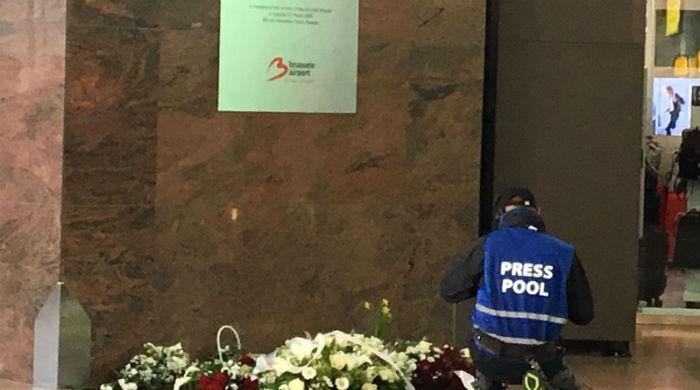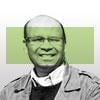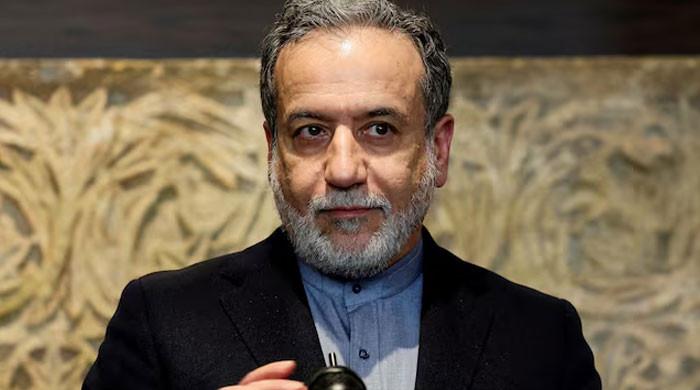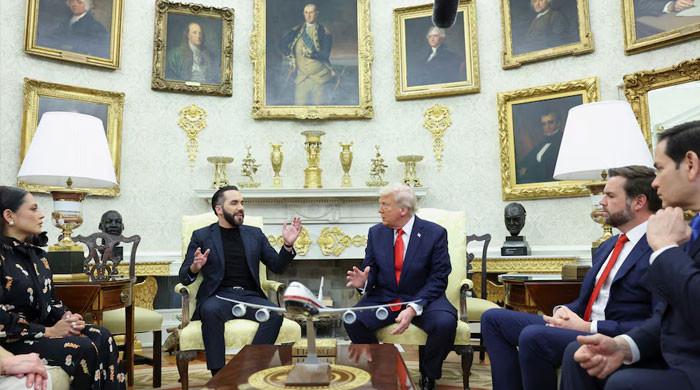‘Will never forget the horror’: Sufi night held to remember Brussels attack victims
Thirty-two people died in three blasts that hit the airport and a metro station in the city centre last year
March 22, 2017

The first anniversary of the deadly Brussels terror attacks was marked at the memorial events at Zaventam Airport and Maelbeek metro station with solidarity messages from King Filip, Queen Mathilde, Prime Minister Charles Michel and other important officials.
The surviving victims and the families of those killed recollected their experiences. A ceremony was organised at the Place Schumman where a grand monument has been built in the memory of the victims.
Thirty-two people died in three blasts that hit the airport and a metro station in the city centre last year.
The events were also attended by president of European Council Donald Tusk, president of European Comission Claudia Junker and president of European parliament Antonia Tajani.
"You share your grief with countless victims, around the world, who sustained deep wounds caused by this deadly madness. It is the responsibility of each one of us to make our society more humane and more just. Let us learn to listen to each other again, to respect each other's distinct identities and specific weaknesses," said King Filip.
He emphasised upon being kind and tender towards each other. “…above all, let us dare to be tender. On this day of awareness and recollection, our country owes you this commitment."
Hundreds of people including victims and their families, emergency service workers, airport staff attended the ceremonies. It was a deeply emotional moment for many of them. "This day shall always remain fresh in our hearts. We will never be able to forget the horror and shock of this day," said a family member of an attack victim.
Another victim, Lars Waetzmann, was about to travel to New York with his wife, Jennifer when the attacks happened. They sustained wounds but survived. "The unthinkable happened. We were lucky that we were not killed like many others but what if we would have been a little later, what if we had driven a little slower," he said.
The daylong activities include a Sufi music evening in the Molenbeek church where a multicultural and multireligious gathering will cherish the Sufi message of equality, peace, kindness and universal love. The Molenbeek locality is dominated by Muslim migrants mainly Moroccans, Turks and Pakistanis. It is known for the violent youth, radicalised to the level of planning terror acts and protecting terrorists. But today a huge cafe will be opened to encourage people to socialise in a multicultural environment.
Usually known for its vibrant culture, elite political activities, cultural and religious harmony and a peaceful environment, residents of Brussels were shocked by the bombs one year ago today. The deadly event single-handedly changed the atmosphere of the city and filled it with fear and apprehensions, costing its populace their freedom. The airport's departure hall was closed down for four months and the increased army presence became the first image of every important building or public place. The terrorists targeted the peace and tranquility that the city is known for.
The coming months brought a specific locality, Molenbeek, to the limelight as a hub of radicalised youth. Dominated by Muslim immigrants, the locality has a history of violent clashes with police, drug business and a common culture of crime. Mohammad Abdul Saleh, the mastermind of Paris cafe attacks, which killed more than 100 people, was arrested from Molenbeek. Saleh kept hiding for in the locality for three months with active involvement of the local community, which practically fought with the police trying to arrest him.
Vice President of European Press Club and correspondent of ABC news Erisa Zykaj, while responding to the questions by Geo News spoke critically against European member states and their law enforcing agencies. She claimed that there was no real coordination between authorties and that they were only carrying out cosmetic measures. Citing Molenbeek as an example, she said that there has been no concrete change in the Molenbeek situation.
"EU and its states have to change their policies and the first change that is needed before anything else is that they have to start accepting reality instead of hiding it under the carpet of political expediency. The youth has to be given a sense of trust and solidarity with opportunities of employment and integration," Zykaj said. Emphasising on the need to bring immigrants into the mainstream, she said that the immigrants “have to accept host countries as their own. They have to become of the real citizen and contribute towards the share values of equality, diversity, acceptance, rights and freedoms".
Talking to the Geo News, a Molenbeek resident of Pakistani origin said that Brussels terror attacks have impacted their lives negatively. He said that the police were not ready to spare anybody. "They are frequently doing search operations. Now, they can knock your door anytime and ask your residence documents. Many illegal residents have been jailed”. Though acknowledging the importance of such measures, he said, "this environment has changed the culture of the locality and destroyed the general opportunities for the small business and labourers. The terrorists don't realise that they ultimately target the common people of their own faith".












